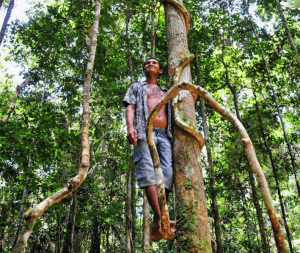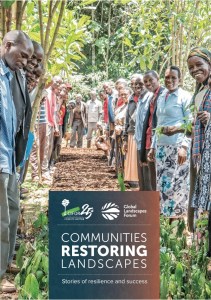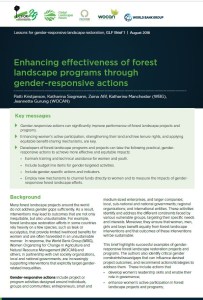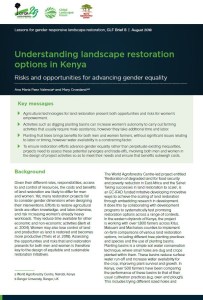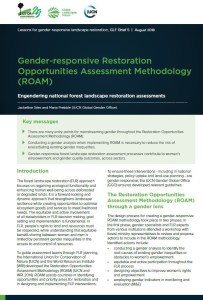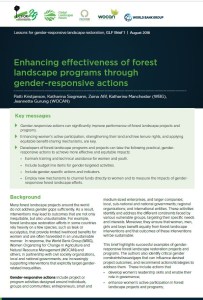Transforming REDD+: Lessons and new directions
Constructive critique. This book provides a critical, evidence-based analysis of REDD+ implementation so far, without losing sight of the urgent need to reduce forest-based emissions to prevent catastrophic climate change.
REDD+ as envisioned has not been tested at scale. Results-based payment, the novel feature of REDD+, has gone untested. International funding (both public and private) remains scarce, and demand through carbon markets is lacking.

